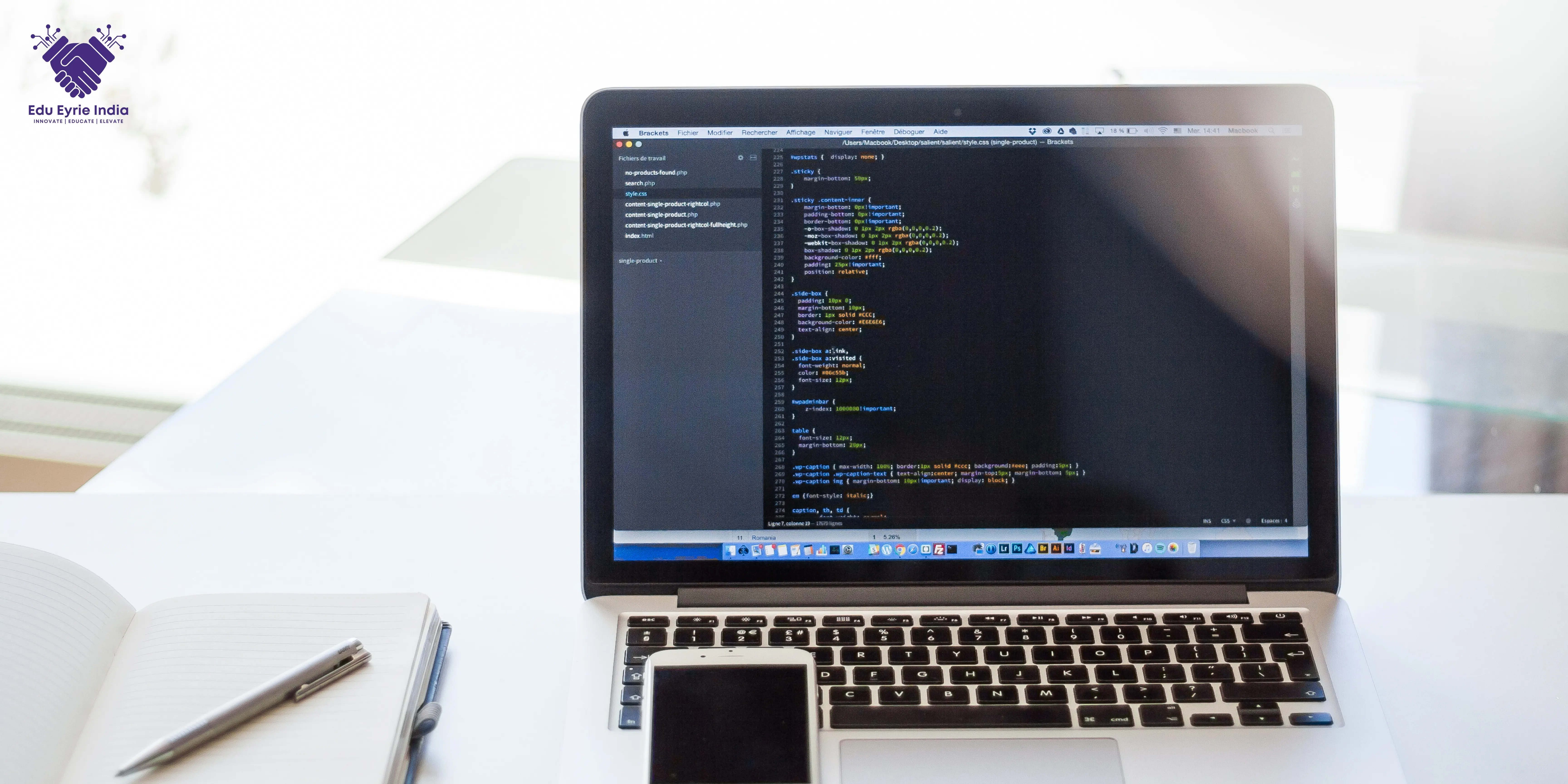Introduction
Embarking on the journey of coding often sparks the question: Is coding difficult? In this guide, we'll navigate the intricacies of programming, unveiling the enigma surrounding its perceived complexity. Brace yourself for an enlightening exploration that transcends mere technicalities, delving into the emotional tapestry of coding.
The Path of Mastery
Is Coding Difficult?
- Embarking on the coding odyssey can seem daunting, but fear not. The journey is akin to navigating an uncharted sea — challenging, yet incredibly rewarding. Every keystroke contributes to the creation of digital wonders, making the perceived difficulty a small price to pay for the exhilaration of crafting something extraordinary.
Embracing the Learning Curve
- Learning to code involves embracing a learning curve, much like acquiring any skill. The key lies in perseverance and a mindset that welcomes challenges as opportunities for growth. As you navigate through syntax and algorithms, remember that every error is a stepping stone toward proficiency.
Coding is not just about logic and syntax; it's an art form. Unlocking the ability to create digital marvels requires tapping into the creative reservoir of the mind. The difficulty transforms into a canvas where your ideas, thoughts, and innovations come to life.
The Symphony of Code
- Imagine coding as composing a symphony. Each line of code is a musical note, and the compilation forms a harmonious symphony of functionality. Embrace the creative process, and you'll find that coding transcends the realm of difficulty to become a captivating dance of creativity.
- One common misconception is that coding is a solitary endeavour. In reality, the coding community is vibrant and supportive. Embrace collaboration, seek guidance, and witness how the collective knowledge of the coding world can turn difficulty into shared triumph.
Community Collaboration
- Community Collaboration like Join forums, attend meet-ups, and participate in open-source projects. The coding community is a vast network of enthusiasts, so always ready to share knowledge and experience. The difficulties that may arise become stepping stones when faced collectively.
Facing Bugs and Errors
- Bugs and errors are not roadblocks but puzzles waiting to be solved. Embrace the detective role, and with each solved mystery, you'll emerge with a heightened understanding and a sense of accomplishment.
Let's address some common queries surrounding the perceived difficulty of coding(FAQ).
How long does it take to become proficient in coding?
it takes time to become proficient varies for each individual. It depends on factors like dedication, learning resources, and the complexity of the programming language. Generally, consistent practice over several months can lead to significant improvement.
Can Anyone Learn to Code?
Absolutely! Coding is a skill that anyone can acquire with dedication and the right resources.
Are Coding Bootcamps Effective?
Yes, coding bootcamps offer intensive, focused learning experiences and can be highly effective.
Do I need a strong mathematical background to code?
While math can enhance your problem-solving skills, it's not mandatory. Many programming tasks don't require advanced math. Basic arithmetic and logical reasoning are essential, and you can gradually build on these skills as you progress.
Do I Need a Computer Science Degree to Code?
While a degree can be beneficial, many successful coders are self-taught. Practical experience often holds more weight.
Is It Too Late to Start Coding?
It's never too late! Coding welcomes enthusiasts of all ages. The passion for learning is the only prerequisite.
What makes coding seem difficult?
Coding involves learning a new computer language, logical thinking, and problem-solving. It can be challenging because it requires breaking down complex problems into smaller, solvable parts. The abstract nature of programming can also be intimidating for some.
Can anyone learn to code?
Yes, anyone can learn to code. People from diverse backgrounds and age groups have successfully become proficient programmers. Patience, persistence, and a willingness are the important things to learn coding.
What are some common challenges faced by beginners in coding?
Beginners often struggle with understanding syntax, logic errors, and debugging. They may find it challenging to transition from small-scale coding exercises to building more significant projects. Overcoming the challenges is a natural part of the learning process.
Are there programming languages that are easier for beginners?
Yes, some languages are considered more beginner-friendly, such as Python and JavaScript. They have simpler syntax and are widely used in various applications. Starting with these languages can make the learning journey less daunting.
How can I make coding easier to learn?
Break down problems into smaller tasks, practice regularly, and seek resources like online tutorials, coding challenges, and community forums. Join coding communities to connect with others facing similar challenges, and don't hesitate to ask for help.
Is coding only for certain professions?
No, coding skills are valuable in various professions, not just software development. Fields like data analysis, web design, and scientific research increasingly require coding proficiency. Learning to code can open up diverse career opportunities.
What mindset should I adopt when learning to code?
Approach coding with a growth mindset. Understand that challenges are part of the learning process, and each problem you solve is a step toward mastery. Embrace the journey and stay curious about new technologies and programming concepts.
Conclusion: Unlocking the Code to Mastery
In conclusion, the question "Is coding difficult?" is a nuanced one. While challenges exist, they are stepping stones to a world of creativity, collaboration, and continuous growth. Embrace the difficulties, savor the triumphs, and embark on a coding journey filled with endless possibilities.

